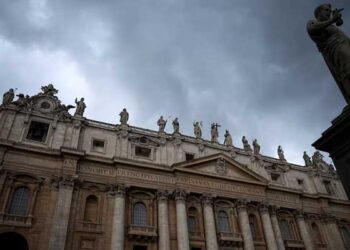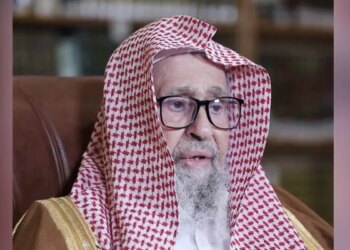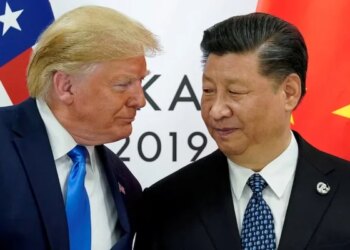Select Language:
Ukraine’s President Volodymyr Zelensky heads to Washington on Monday amid mounting U.S. pressure to quickly end Russia’s invasion, yet he remains committed to protecting Kyiv’s interests without provoking another tense confrontation with Donald Trump.
Following a summit in Alaska that stunned many in Ukraine by welcoming Vladimir Putin, Zelensky was invited to the U.S. capital. The Alaska meeting failed to yield the ceasefire Trump was hoping for. Now, Trump has expressed a desire for a swift, comprehensive peace agreement, urging Kyiv to accept terms because “Russia is a very powerful nation, and they’re not.”
This direct language places significant pressure on Zelensky as he makes his way back to Washington for the first time since a controversial visit with Trump in February that ended acrimoniously. During that visit, Trump publicly challenged Zelensky’s negotiating position, suggesting Kyiv didn’t have enough leverage and warning that intransigence could spark World War III.
Despite efforts by European allies and Ukraine to prioritize a ceasefire beforehand, Trump is pushing for a quick resolution. It’s reported that European leaders may join Zelensky at Monday’s meeting with Trump, though details are unclear.
Zelensky related that Trump updated him on his discussions with Putin during a lengthy call Saturday, which was followed by over an hour of talks with European and NATO representatives. A source said Trump appears eager for a deal at any cost and indicated that Putin has offered to freeze frontlines elsewhere if Ukraine withdraws from the eastern Donetsk and Luhansk regions, a proposal Zelensky rejects as unfeasible.
U.S. officials told Zelensky that Putin insisted there could be no ceasefire until Ukrainian troops withdrew from these regions, though Putin might commit to not launching new attacks in exchange. Ukraine publicly rejects the idea of relinquishing internationally recognized territory, viewing the Donetsk region as a strategic stronghold.
Oleksandr Merezhko, Chair of Ukraine’s foreign affairs committee, expressed concern that Trump’s focus on a quick deal instead of a ceasefire presents serious risks. He warned that Putin perceives a peace agreement as including Ukraine’s NATO accession rejection, demands for denazification and demilitarization, and concessions on the Russian language and church. Such a deal could spark internal political turmoil within Ukraine, and Merezhko fears that Putin’s disengagement from the West may be ending.
Ensuring strong security guarantees remains crucial for Ukraine to prevent future Russian invasions. Reports indicate that Trump and European leaders discussed potential security arrangements similar to NATO’s mutual defense pledge—an attack on one is an attack on all. While details are still being finalized, Kyiv insists that direct talks with both Moscow and Washington are essential to ending the war, and Zelensky has expressed openness to a trilateral summit if conditions are right.
Trump hinted at the possibility of such a meeting if his Alaska talks with Putin go well, but Russian officials, including Yuri Ushakov, clarified that no summit has been officially scheduled.







